Take a moment to ask yourself: What was your family’s occupation seven generations ago? Many of us can’t even trace our family tree back that far, let alone know what any of our ancestors were doing to earn a living. One extremely special thing about long-running family farms is that the people living there currently can trace their histories back, and they know that their great-great-great grandparents were doing work very similar to what they’re doing now. Though farming is not glamorous work, there is something almost sacred about knowing that the land has nourished and supported your family, and the surrounding community, for hundreds of years.
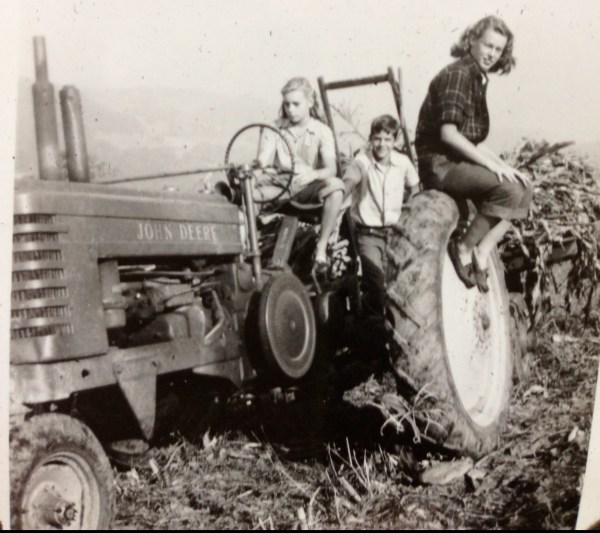
For Richard Cross and Jennie Clifford of Carlton Farms in Montrose, PA (about 35 miles northwest of Scranton), they wake each day to know that they are caring for the same patch of land that Jennie’s family pieced together in the late 1800s. Members of the 4th, 5th and 6th generations care for all the original buildings on the property, except for the creamery and icehouse, which burned down in the 1950s. The 7th generation gets to play at collecting eggs, and feeding the chickens and pigs.
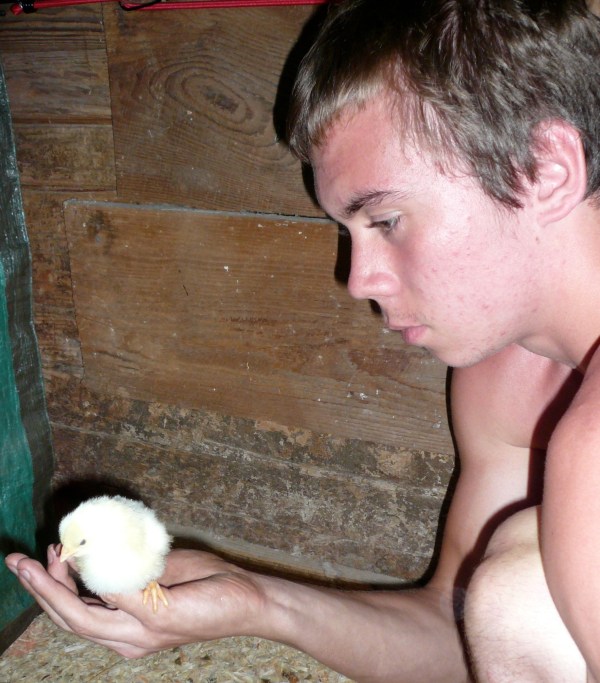
The farm grows all kinds of vegetables, and raises livestock, as well. We wanted to learn more about this family, whose history as PA farmers goes so far back. Jennie, along with some input from Richard, was kind enough to answer some of our questions about their family’s agricultural legacy, and about the eco-conscious, biodynamic practices they’re using today.
PA Eats: It’s amazing that you are a 7th-generation farm! At what point did you realize that you were going to carry on the family business?
Jennie Clifford: Having children made me want to locate to the farm. It can be ideal growing up on a farm, observing nature, learning about the birds and bees, and life and death organically, and developing a strong work ethic. For me, it was the wholesomeness of the work, though it can be unimaginably difficult, and seemingly never-ending. Still, it can be done with good humor and cheer much of the time. There’s something healing about working with the soil and being surrounded by the beauty of the natural world, you can’t help but feel part of something greater. I do work off the farm a few days a week, six months of the year visiting certified organic and Biodynamic farms.

The farm used to be a dairy farm, right? At what point did it transition to the farm it is today? Whose decision was that?
The farm was a dairy until 1980, when it just got too difficult. My parents sold the cows and we started a small equestrian center. I moved my growing family onto the farm in 1990 using it as a homestead. We grew vegetables and meat for ourselves, friends and family, inviting young vegetable farmers to grow produce here. In 2012, my partner and I got ambitious and decided to see what we could do with the farm, and we began production again. We certified the farm as organic and biodynamic, and got serious.
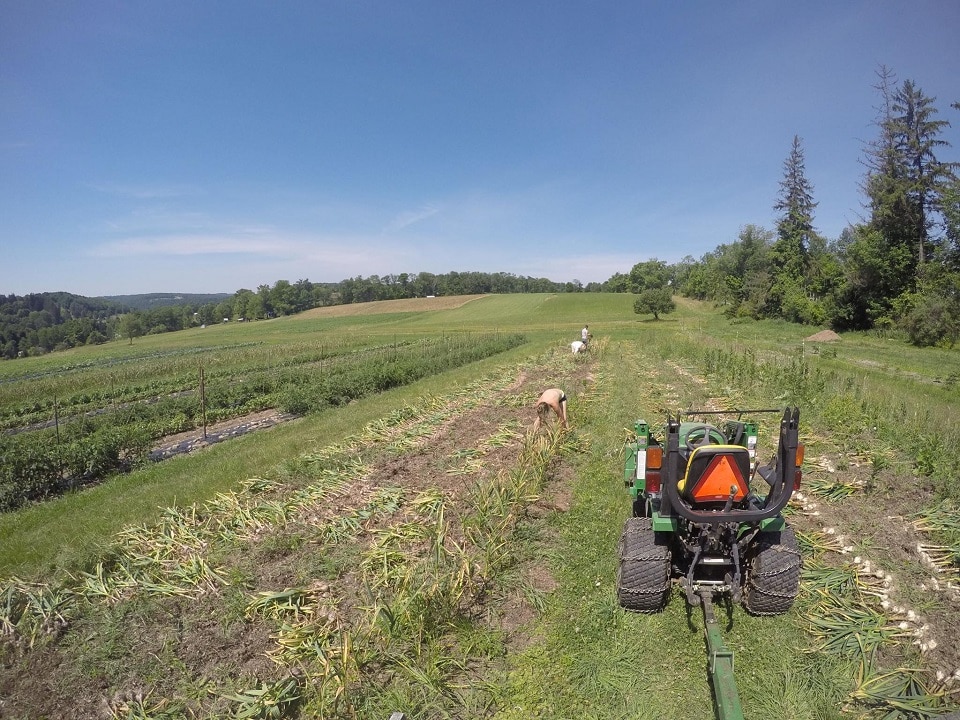
What’s the landscape and soil conditions like in your part of PA? What makes it special?
We’re located in the bucolic hills of the Endless Mountains at around 2,000 feet. Our soils are heavy and best-suited for grazing and hay, and not so much for vegetables. So, we use cover crops, mulch, and compost from our sheep, pigs and chickens to lighten the soil. The upside of vegetable farming after long-term dairying is that fertility is good and the organic matter is really high, so there’s lots of life and water holding capacity in the soils.
Can you also talk about your decision to make the farm biodynamic and certified organic?
When we decided to go commercial, we knew we wanted to grow the kind of organic and biodynamic foods we were eating. Biodynamic practices enliven the soil so crops grown have a high level of vitality, which supports our health. Since I work in organic and biodynamic fields, we knew the benefits of farming, eating and supporting that way of producing food.
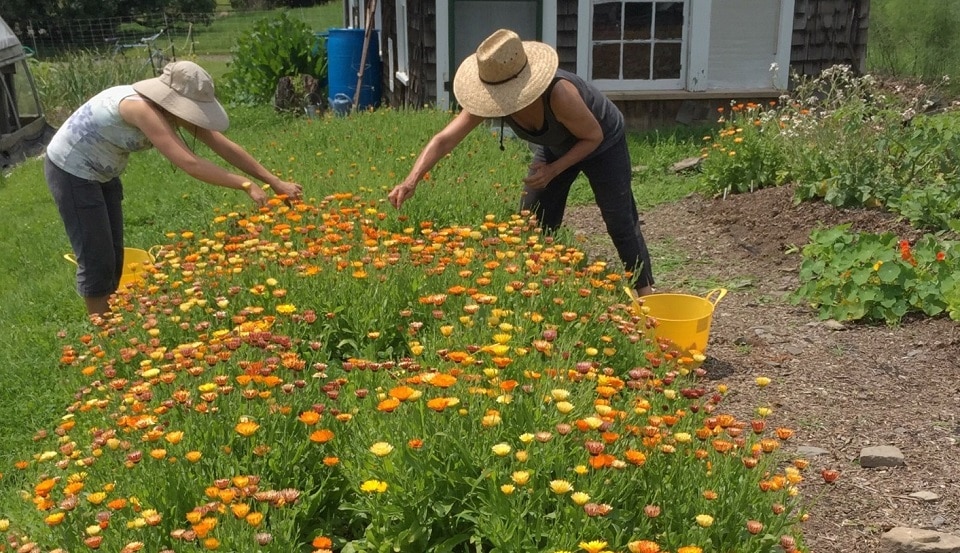
Are there risks around farming without chemical fertilizers? What do you think is the main barrier to other family farms operating in this way?
There are a variety of approved fertilizers, pest and disease controls allowed for use in organic and biodynamic farming, so we have plenty of tools available. For weed pressure we cultivate, mulch, plant cover crops, and hand-weed. The greatest risks we identify for this, and really for all forms of agriculture, are labor and climate change; we often have a shortage in labor and weather extremes, like all the rain we had last year, worry us a lot.
What are your various roles on the farm?
Oh boy, you name it! Over the winter we grow greens in our greenhouses, care for animals, make building and equipment repairs, plan for the following growing season and order supplies. During the spring we seed, prep the soil for crops and manage lambing among other things. During the summer, we plant, continually sow in the greenhouse for transplanting in the field, move all our livestock groups (as all are regularly rotated on pasture), harvest, teach our interns, welcome our weekly CSA members, and occasionally host events or tours on the farm. Fall is similar to summer, but we are also sowing cover crops, and this is when we plant our garlic crop.
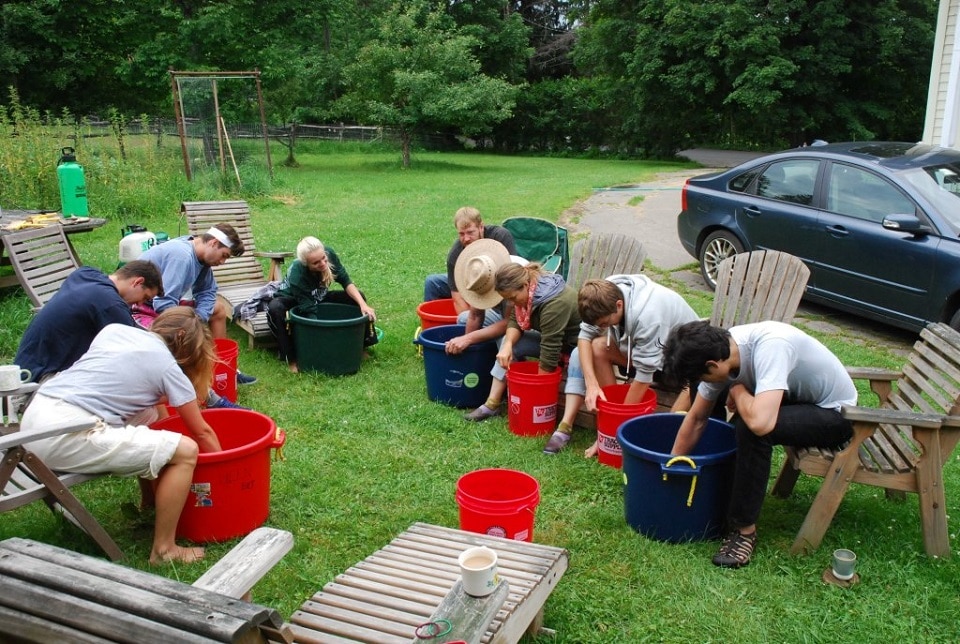
Do you have a favorite time of year there?
Spring is lovely, as everything is waking up and optimistic, fall is stunning, but summer is my favorite time of year. Things are bursting with delicious, generous abundance, there’s a lot of hustle and bustle, but we have a lot of fun doing it, and we always have a fantastic crew, so it’s a rich social scene.
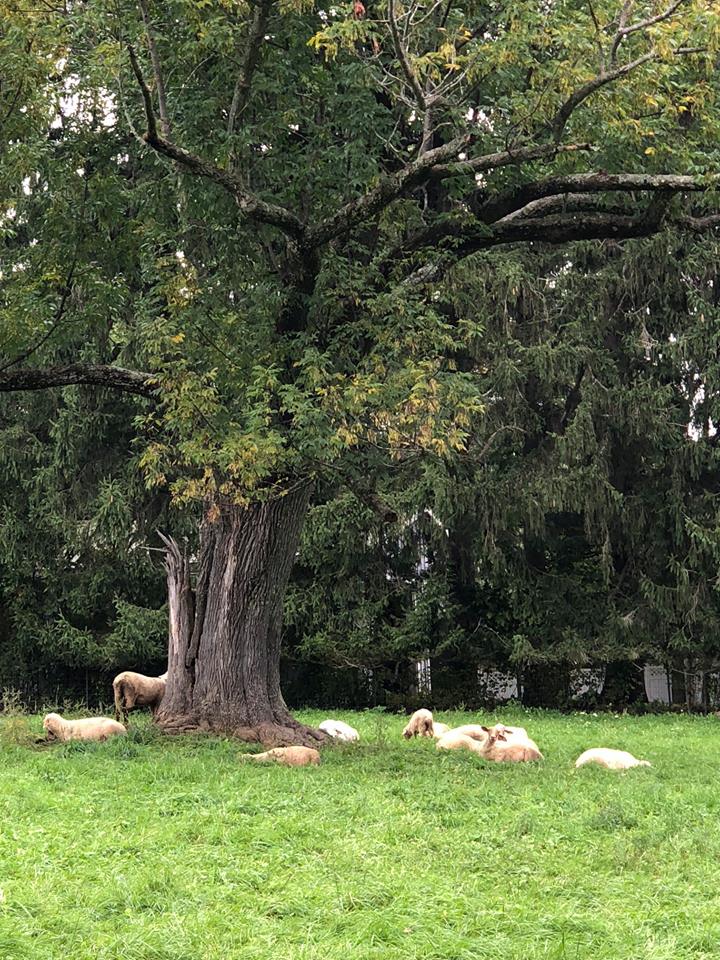
What is something that you think is commonly misunderstood about family farming?
People may not realize this work is deeply fulfilling and often requires everything you’ve got. If the general public knew what it took to produce a gallon of milk, perhaps they would (if they could) be willing to pay for what it is worth for the farmer to produce it and make a living wage. I believe farmers are the original entrepreneurs.
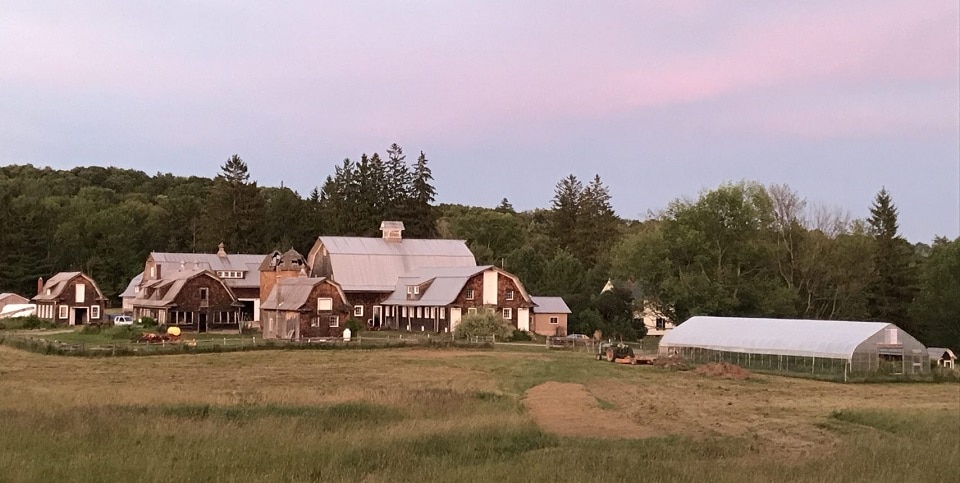
The majority of farmers are endlessly observant, intelligent, resourceful, intuitive, creative and willful and they’re farming by choice. In the U.S., on average, people are three generations off the farm, so people don’t know what it takes to grow a chicken and get it to the table. That’s a big disconnect between what we do and what 98 percent of the population does. We are always inviting people to visit, hoping to close the understanding gap.
What is a something that you feel particularly proud about growing?
We love our garlic! It’s a big project in the fall during planting season, but we love garlic scapes and the pesto we make from them, the bulbs themselves and the sea of deep green as they grow in a field with clover in the pathways. And we love the garlic festivals we attend, with tens of thousands of people having fun and appreciating the goodness of garlic. We always sell every bulb we grow and have expanded production over the years, from a few thousand bulbs to around 20,000 this year.
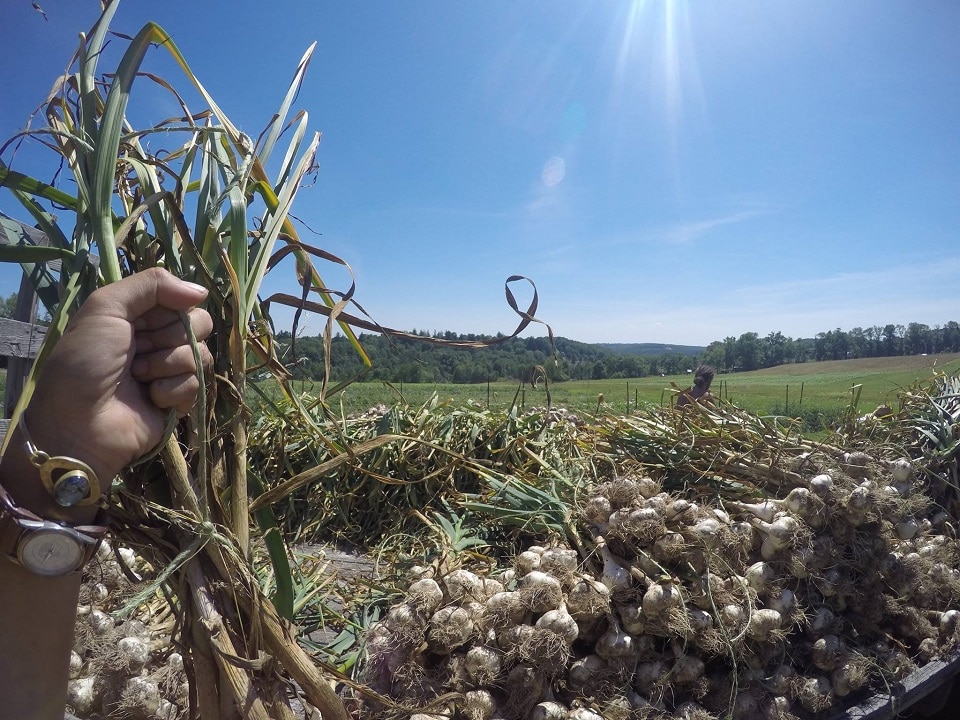
How have you seen farming, or society’s attitude toward farmers, change over the past decade?
Attitudes are definitely headed in the right direction with appreciation for locally grown foods. And 10 years ago, organic foods were hard to find, except in health food stores. That’s not the case today. Overall, the average age of farmers continues to increase, but we see many young people coming into organic farming. Expert farmers are proving you can make a good living using intensive cropping techniques with minimal equipment. And the state universities have education programs to support new farming methods. The interns and young people from all over the world who come to our farm to learn about what we do are another sign of change.
Another thing worth mentioning about change is the growing number of colleges teaching about sustainability. As a biodynamic farm, we strive to be a stand-alone, independent organism making everything we need to function. We still buy seed and chicken feed. But we can see a truly sustainable operation down the road.
Explore Carlton Farms’ website, Facebook page and Instagram page for more info on life on the farm, including the big news that it has received its hemp permits and intends to plant a few acres to produce high-quality CBD oil and to process the rest of the plant into sustainable building materials and hemp fiber. Check out Ama Hemp to shop these products. If you live in the area, you can look into its CSA, which is an amazing way to support your local farmer and have access to some of the freshest produce and meat around!
Carlton Farms is located at 317 Prospect St. in Montrose; (570) 396-0886.
- Photos: Carlton Farms
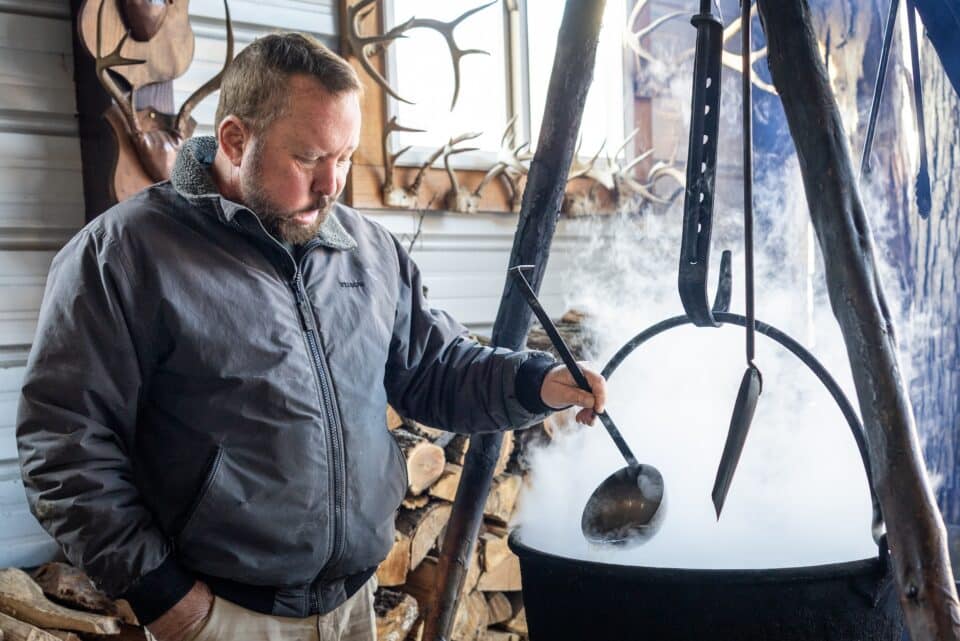
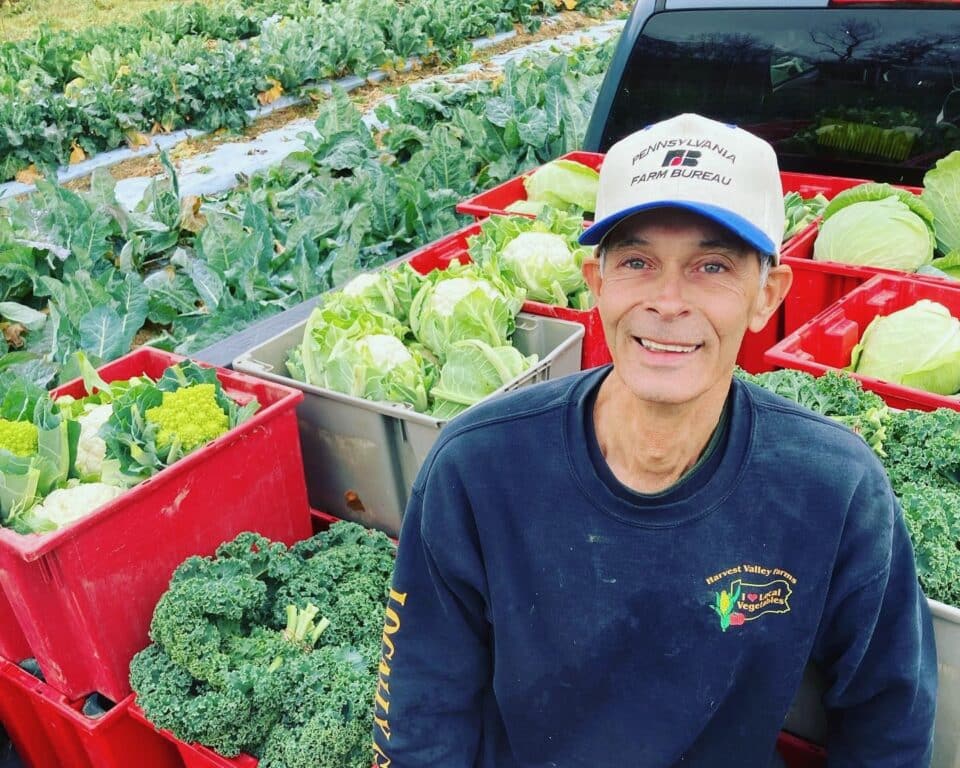
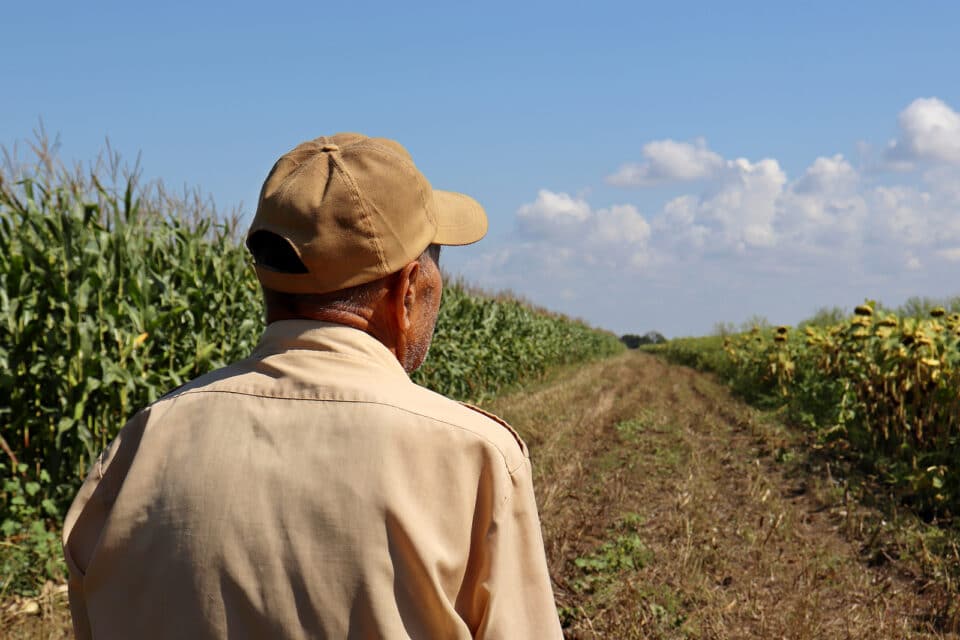
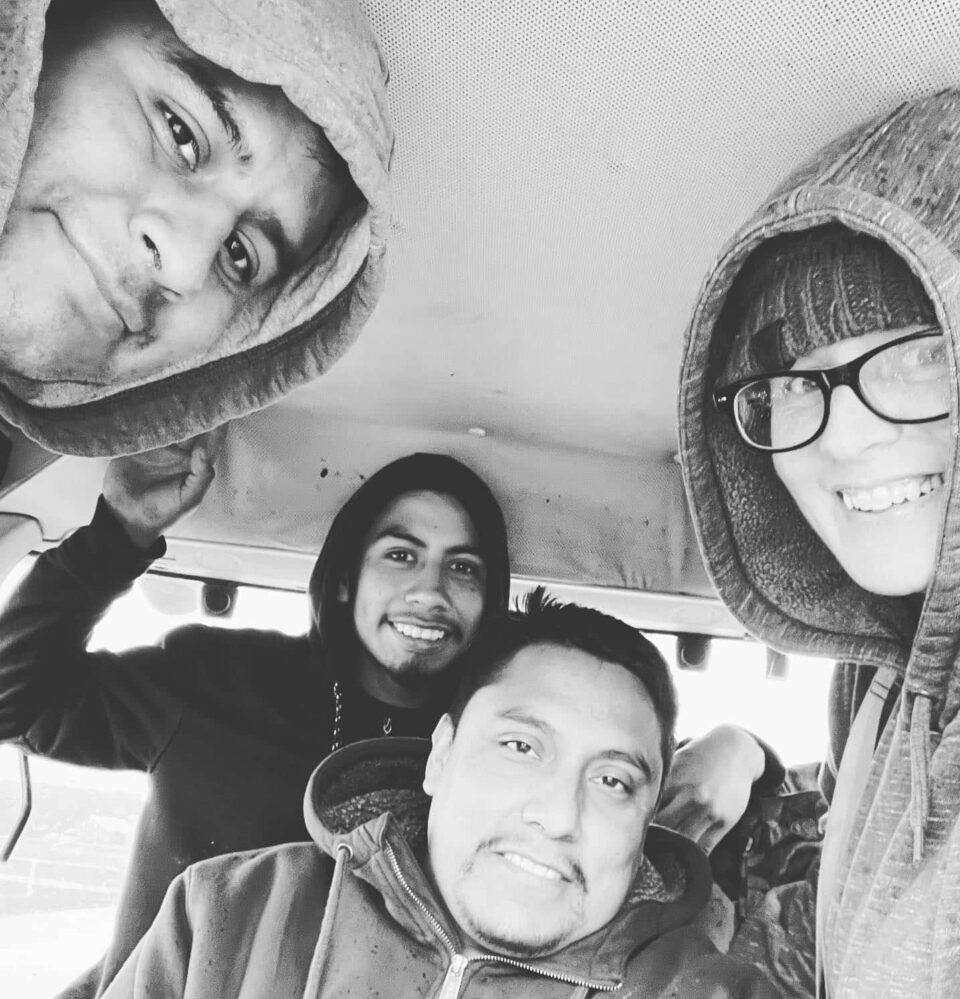

9 Comments